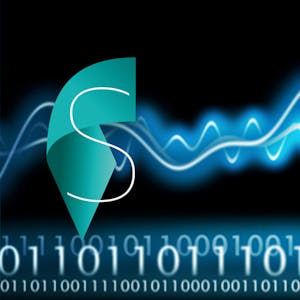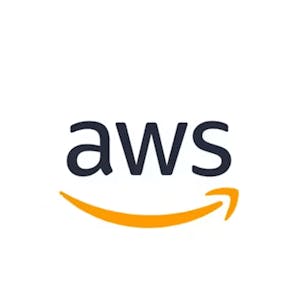Digital Signal Processing 2: Filtering
About this Course
Digital Signal Processing is the branch of engineering that, in the space of just a few decades, has enabled unprecedented levels of interpersonal communication and of on-demand entertainment. By reworking the principles of electronics, telecommunication and computer science into a unifying paradigm, DSP is a the heart of the digital revolution that brought us CDs, DVDs, MP3 players, mobile phones and countless other devices. The goal, for students of this course, will be to learn the fundamentals of Digital Signal Processing from the ground up. Starting from the basic definition of a discrete-time signal, we will work our way through Fourier analysis, filter design, sampling, interpolation and quantization to build a DSP toolset complete enough to analyze a practical communication system in detail. Hands-on examples and demonstration will be routinely used to close the gap between theory and practice. To make the best of this class, it is recommended that you are proficient in basic calculus and linear algebra; several programming examples will be provided in the form of Python notebooks but you can use your favorite programming language to test the algorithms described in the course.Created by: École Polytechnique Fédérale de Lausanne

Related Online Courses
This course is for individuals who seek knowledge of networking on Amazon Web Services (AWS) beyond the foundational level. You will learn about various connectivity options, including how to... more
An introduction to basic techniques of constitutional interpretation.Created by: Yale University more
**Enroll in this Guided Project before April 2026, for a free 1-month trial to the Adobe Creative Cloud Suite!** You are in a digital age, in which we can do everything manually and on paper, but... more
This course focuses on assessing health impacts of chemicals in products and of fine particulate emitted along the product life cycle. We first develop the assessment framework to assess exposure... more
In this course, you will learn about Model-Driven Programmability and its use of YANG data models to provide a standardized way to access network devices and their capabilities. You will be... more








